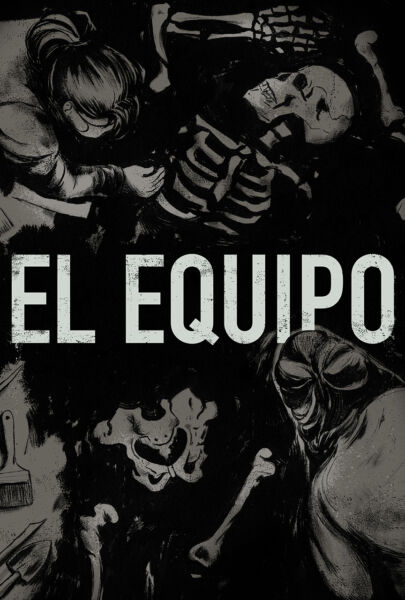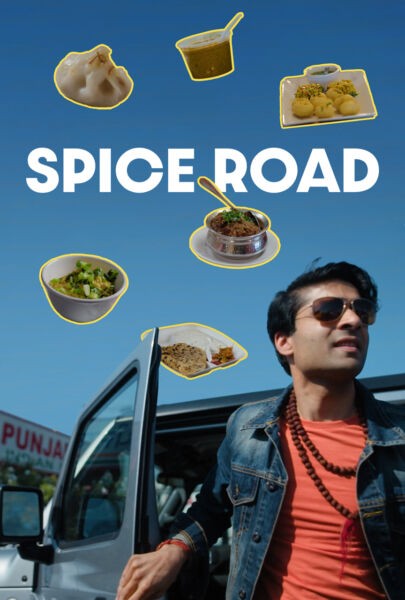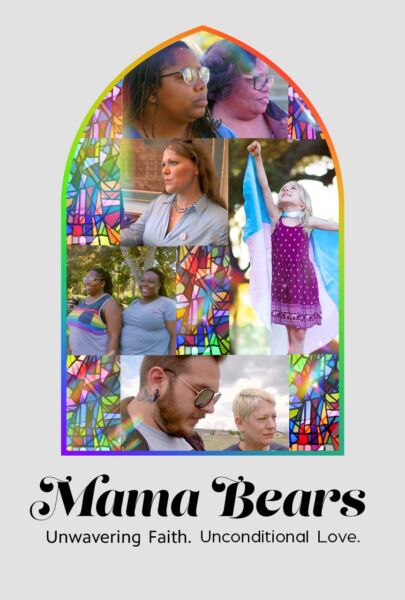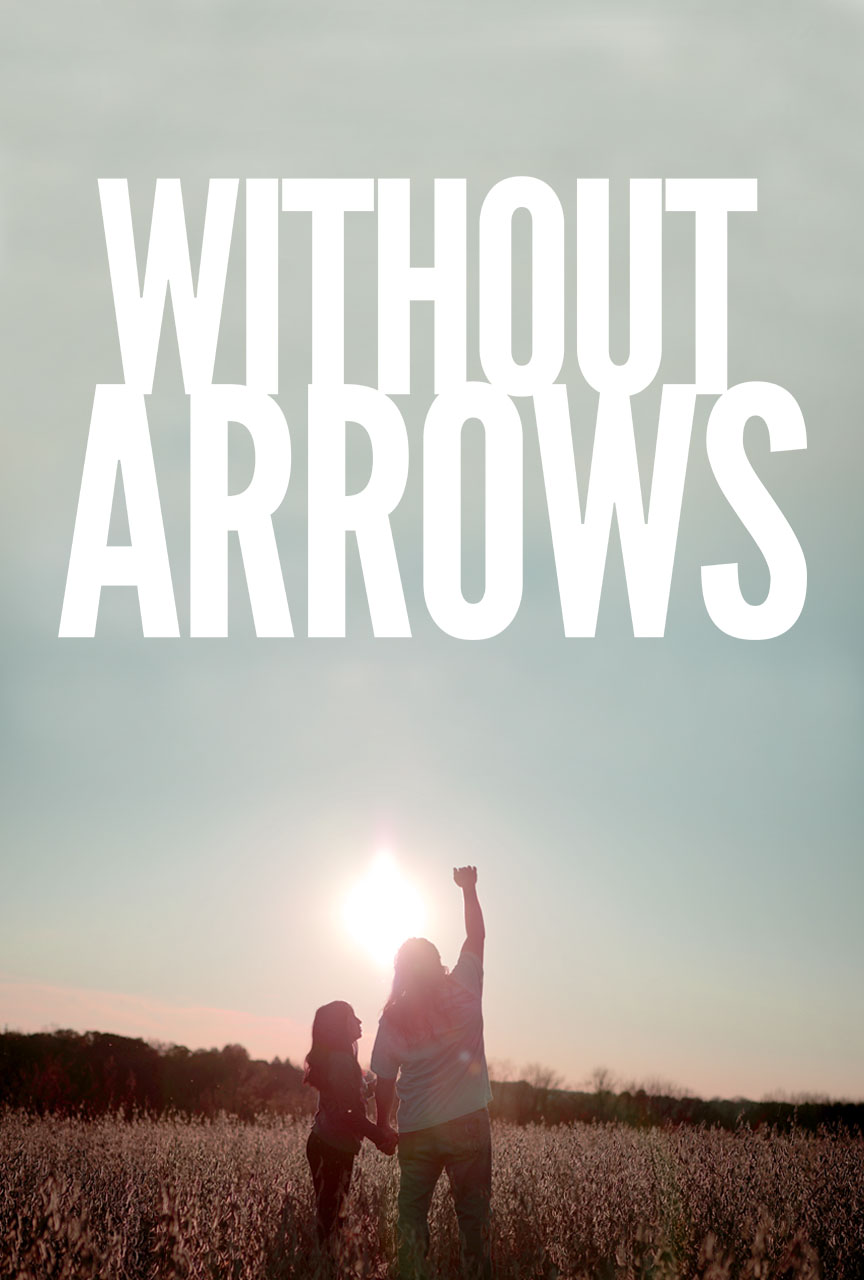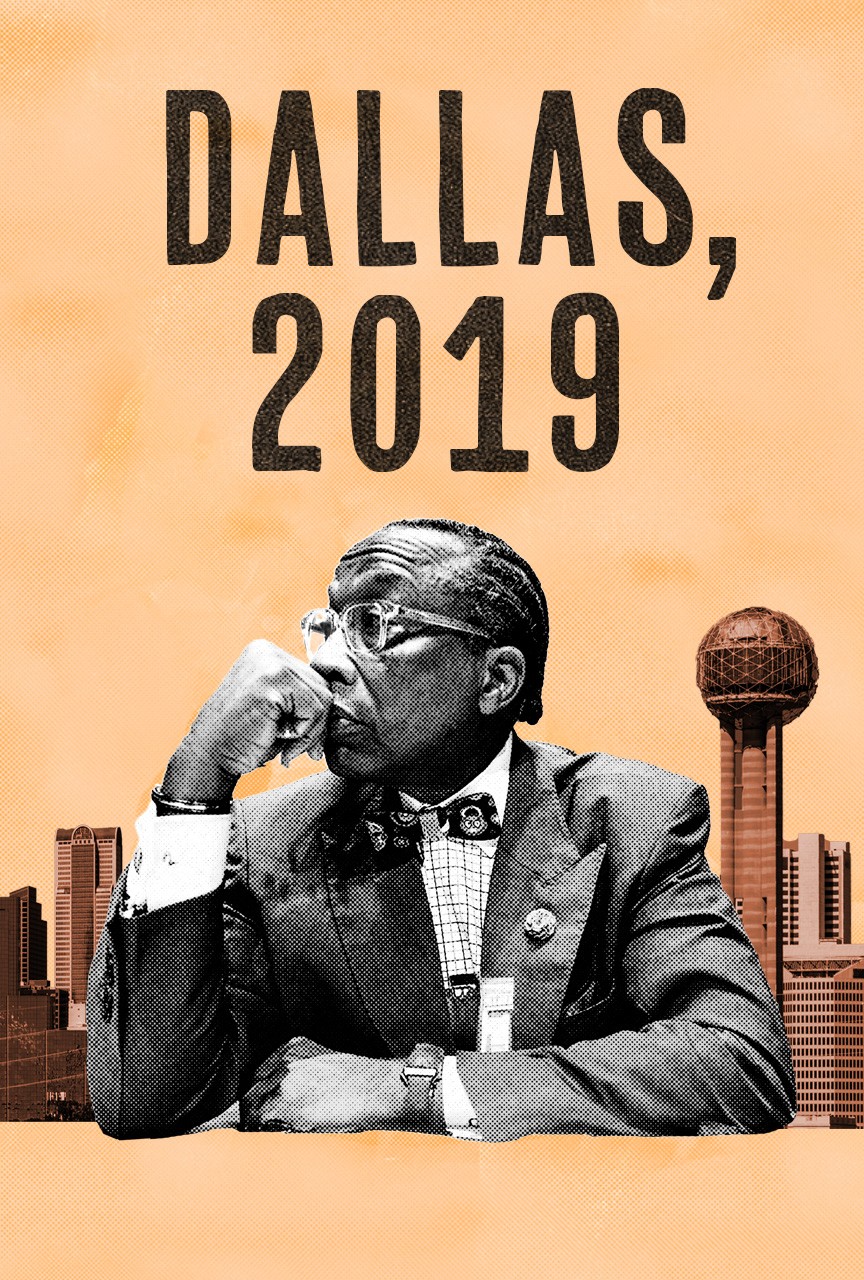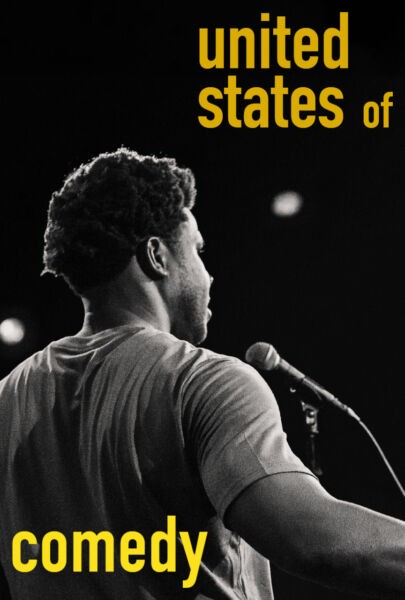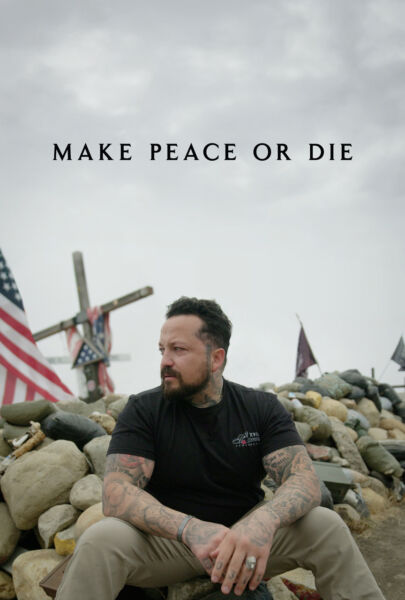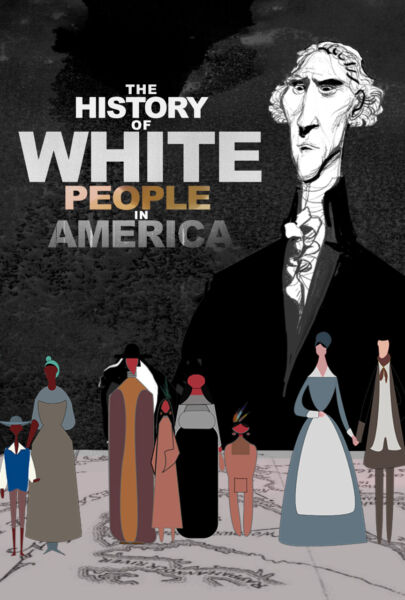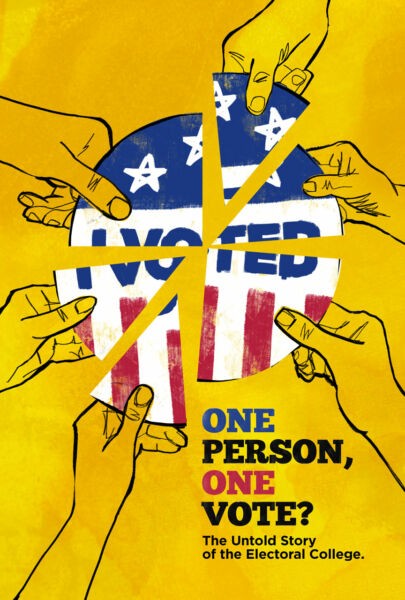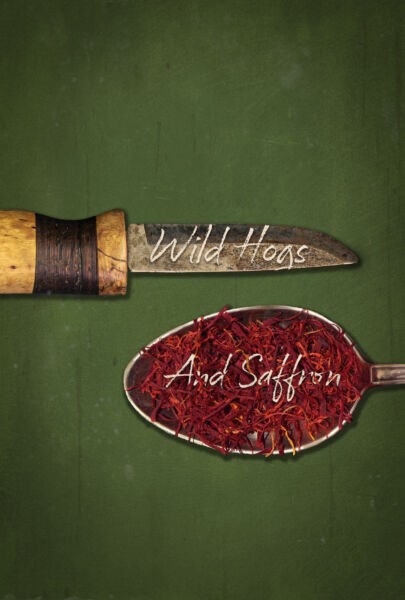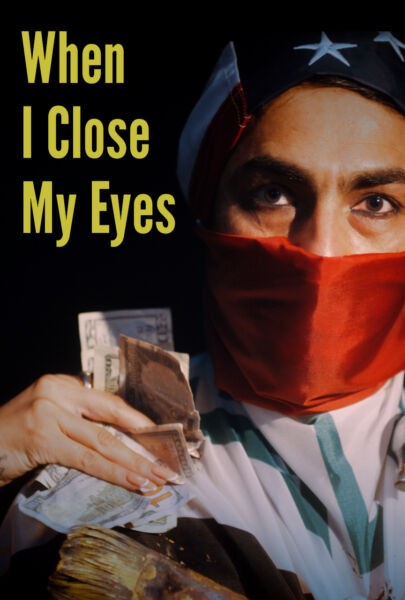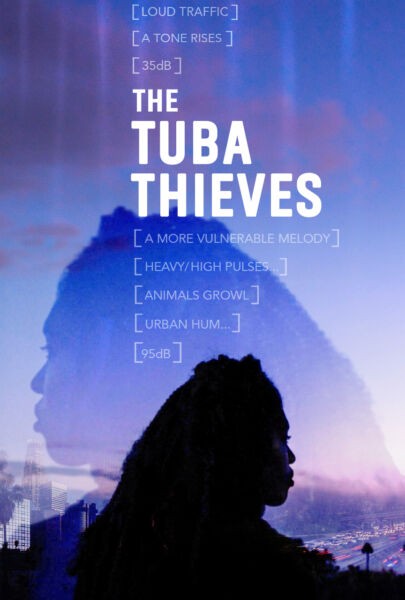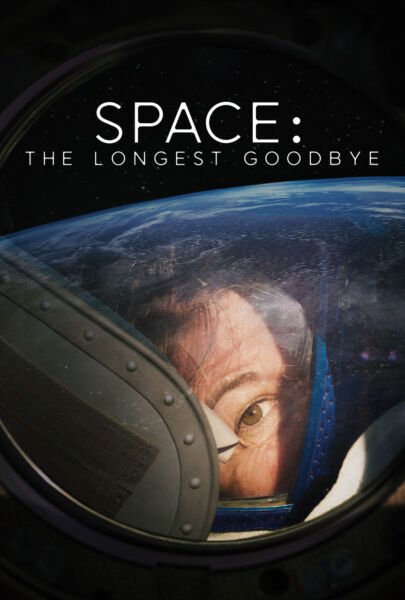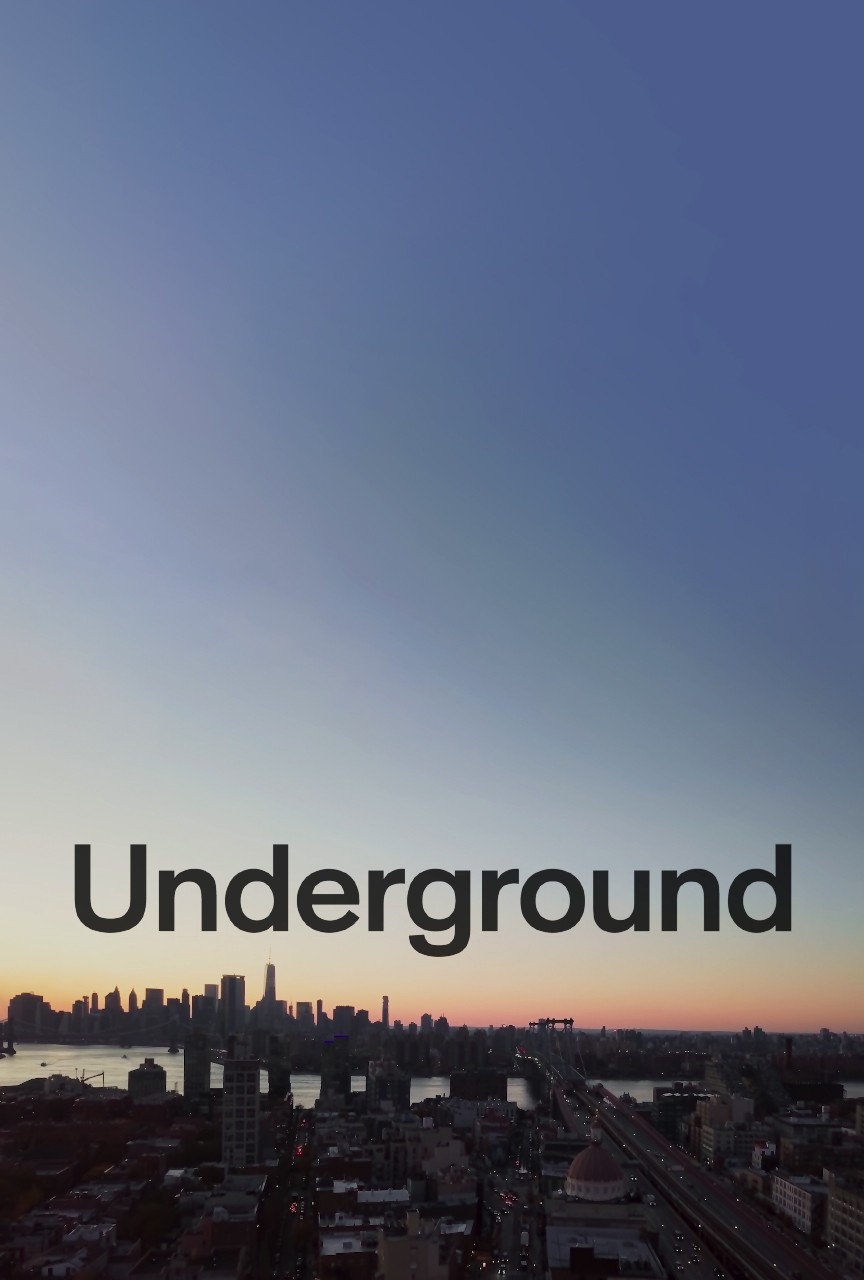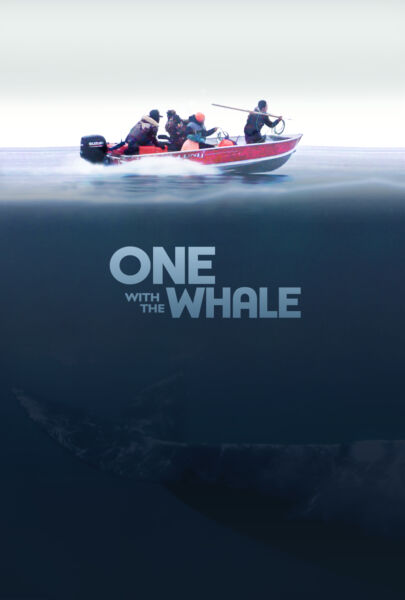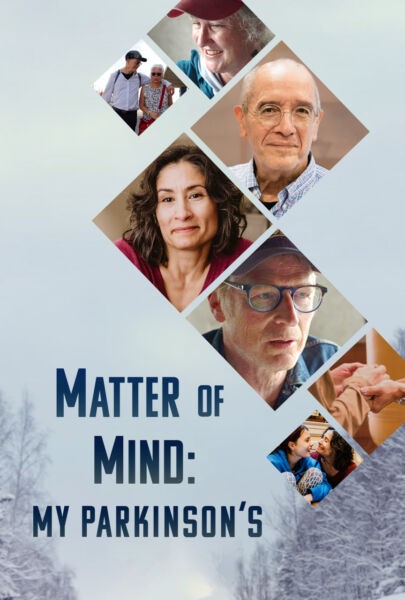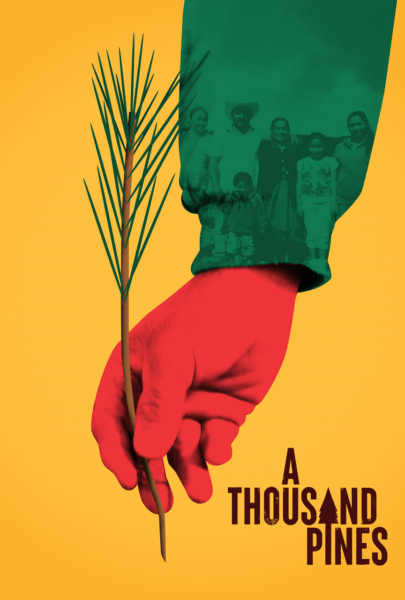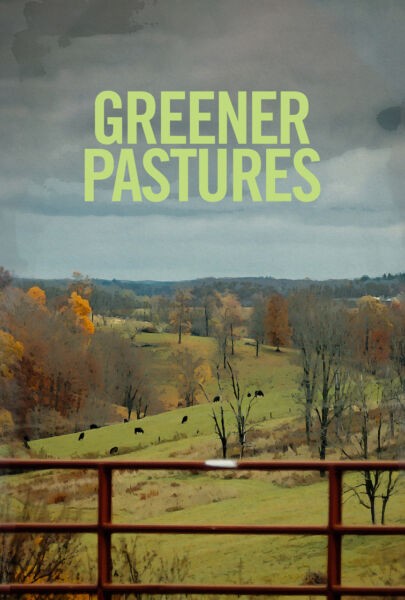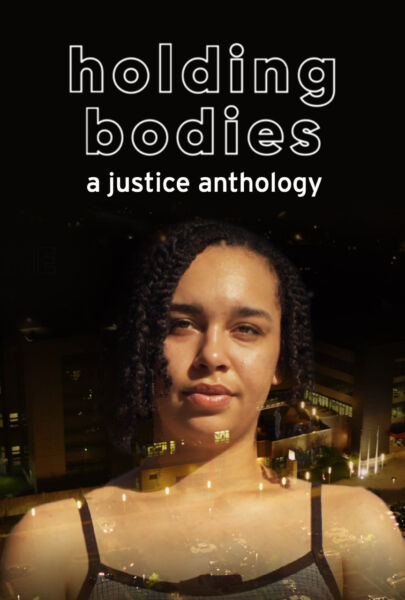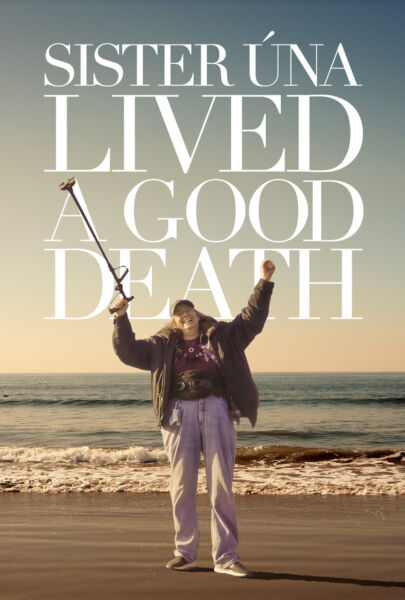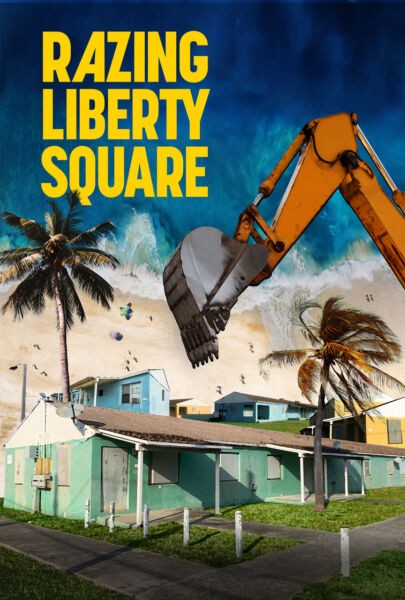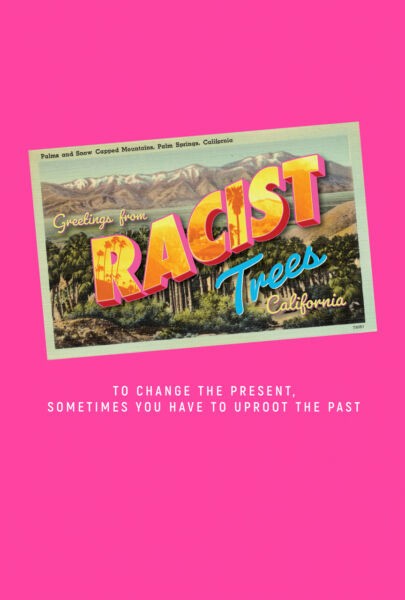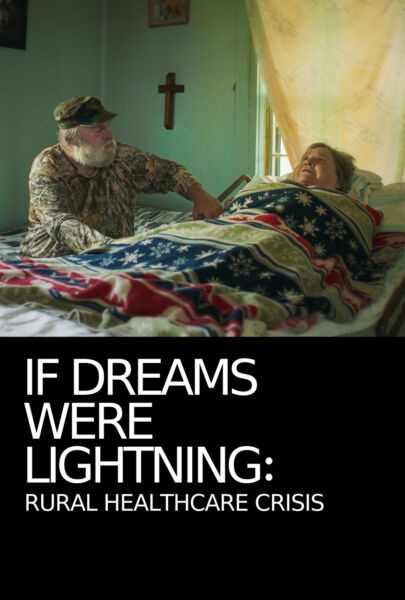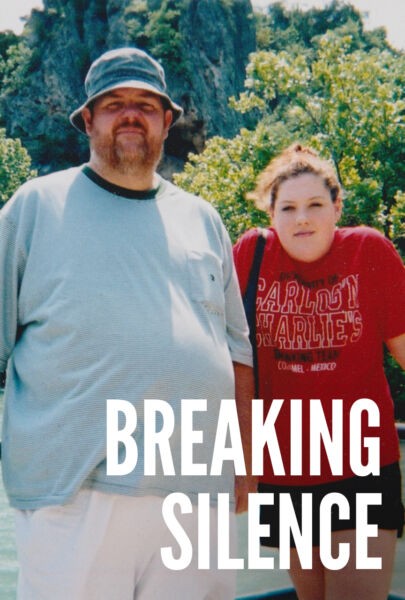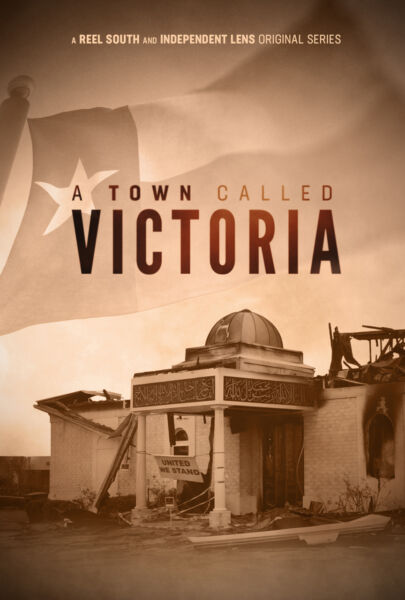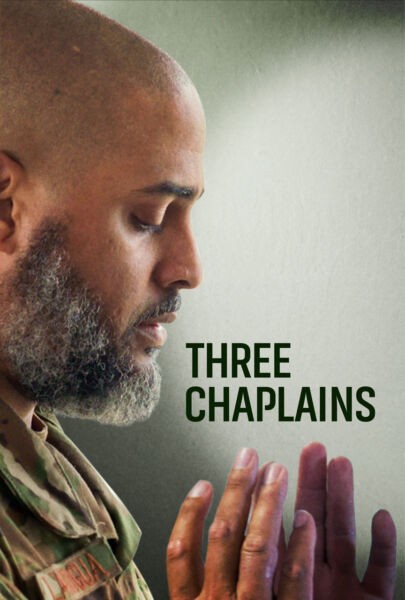Sumo East and West
About the Documentary
American competitors are rapidly changing the ancient Japanese sport of sumo. Is this a form of cultural appropriation, or merely a form of cultural appreciation? Four years in the making, Sumo East and West offers a rare opportunity to go inside the cloistered and highly secretive world of sumo, where the historical clash between East and West plays out in the story of the Western outsiders who have entered this quintessentially Japanese institution. Sumo is not only Japan's national sport, but also a centuries-old cultural treasure that is literally part of the Shinto religion. Since the 1970s, however, the success of bigger, heavier American sumo wrestlers from Hawaii has marked a controversial change in the sport, culminating in the 1993 ascension of Akebono (Chad Rowan of O‘ahu) to become the first non-Japanese yokozuna, or grand champion. At the same time, foreign promoters have started marketing sumo in the West as part of a broader movement to gain Olympic status for the sport. Sumo has appeared in decidedly non-traditional forms, such as the glitzy tournaments in Las Vegas and Atlantic City. Yet the push to gain Olympic status has also required various concessions, such as the use of a non-dirt sumo ring, the acceptance of bicycle-style Lycra shorts under the sumo belt, and most radically, the introduction of sumo competition for women. In Japan, such developments remain the source of heated debate between purists and more global-minded elements in the sumo community that are eager to spread the sport worldwide. Now, sumo faces the question of how much or how little it needs to open up to the world in order to continue to thrive. Is it possible for even the most dedicated Westerners to truly understand, let alone practice, what is in many ways a living embodiment of Japan itself? What happens when they try? And what does this effort reveal about both Japanese and American cultures and the relationship between them? Told through a tapestry of Super 16mm observational footage, interviews and rare archival material, Sumo East and West records the rituals of sumo in Japan: the lives of the wrestlers, their training and the culture that surrounds them. It visits the tournaments and the wall-to-wall TV coverage, captures the fanaticism of the fans and reveals how deeply sumo is woven into the very history and culture of Japan. Similarly, the film enters the world of amateur sumo in the U.S., following the diverse cast of American sumo wrestlers as they strive for respectability and observing the effect that the internationalization of the sport is having on Japan.
The Filmmakers Ferne Pearlstein Ferne Pearlstein is a filmmaker based in New York City. A graduate of Stanford University's Master's Program in Documentary Film, the International Center of Photography and the University of Michigan, she began her career as a photojournalist in the New York bureau of the Japanese newspapers Tokyo/Chunichi Shimbun and Chugoku Shimbun. Since turning to motion pictures, she has been producer, director, cinematographer and/or editor on more than 25 films, which have won numerous awards and have been screened and broadcast around the world. Her works include Raising Nicholas (her first film, shown at the 1993 Sundance Film Festival), To Meet the Elephant and Dita and the Family Business. In addition to SUMO EAST AND WEST, Pearlstein also photographed IMELDA, a feature documentary about Imelda Marcos for which she won the Documentary Cinematography Prize at the 2004 Sundance Film Festival; Ruthie and Connie: Every Room in the House for HBO (2002 Berlinale); Big Enough, Jan Krawitz's sequel to her award-winning PBS film Little People; and The Minors and Secret People, both for PBS. Pearlstein is currently cinematographer on The Vote, a documentary about the 2004 Presidential election by Linda Bryant, and Dreaming of Kawthoolei, a feature-length documentary about Karen refugees shot in the refugee camps along the Thai-Burmese border and in the Burmese rebel camps of the Karen Liberation Army. Robert Edwards Based in New York City, Robert Edwards is a graduate of Stanford University's Master's Program in Documentary Film and a former infantry and intelligence officer in the United States Army in Europe, the U.S. and the Middle East, including service with a parachute infantry regiment in Iraq in the Persian Gulf War. His award-winning film Paranoia, inspired by a skydiving accident in which he broke his back, has been screened and broadcast on television and at film festivals in more than a dozen countries. Among his credits as an editor are Barry Levinson's feature-length documentary Yesterday's Tomorrows for Showtime, part of a traveling exhibition of the Smithsonian Institution; Abandoned: The Betrayal of America's Immigrants, for PBS, which won a DuPont-Columbia Journalism Award; Stopwatch, a PBS documentary by Bill Jersey and Michael Schwarz; and In Search of Law and Order: Catching Them Early, the final episode in the landmark three-part series on juvenile justice directed by Ray Telles and produced by Michael Schwarz and Roger Graef for PBS and Channel Four. His documentary short The Voice of the Prophet, an interview with Rick Rescorla, a veteran of three wars and head of security for Morgan Stanley Dean Witter who was killed in the September 11 attack on the World Trade Center, screened at the 2002 Sundance Film Festival. Edwards recently won a Nicholl Fellowship in Screenwriting from the Academy of Motion Picture Arts and Sciences for his screenplay Land of the Blind.

